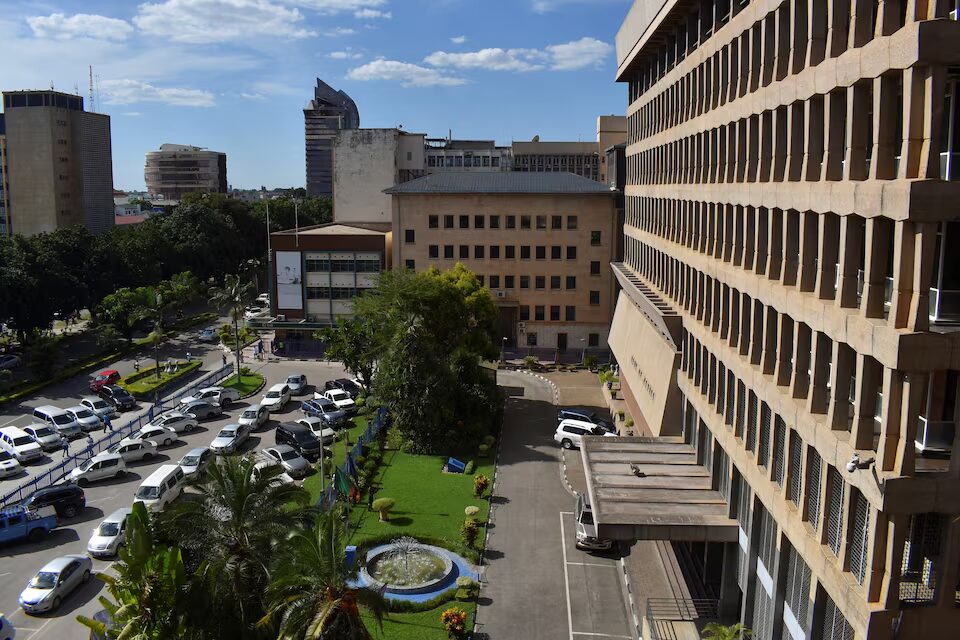
Monday 22nd September 2025

by inAfrika Newsroom
Mali approved seven new mining agreements under its revised code, the government said on Monday. Officials stated the contracts raise the state’s revenue share and tighten local-content rules. The move signals a faster push by the military-led administration to extract more income from gold and other minerals.
The deals follow last year’s overhaul of Mali’s mining code. The revision increased royalty bands and the state’s carried interest. It also boosted requirements for Malian suppliers and jobs. Officials said the new contracts reflect those provisions across both foreign and local operators. They did not publish a full list of companies at the time of the announcement. Further notices will set out project-by-project terms, the mines ministry said.
Mali remains one of Africa’s top gold producers. Output has held up despite security risks in the north and centre. The state wants more direct value from each ounce produced. It also wants clearer reporting on volumes and exports. The revised code gives officials added powers to audit and to sanction non-compliance. The government framed today’s approvals as proof that investment can continue under the new rules.
Companies have adjusted mine plans since the code changed. Some firms cut discretionary spending while they reviewed terms. Others kept projects moving but slowed expansion capex. Monday’s approvals suggest the review phase is easing. Management teams can now budget against defined fiscal terms. That clarity helps lenders and offtakers model cash flows. It also reduces the risk of stop-start production as talks drag on.
Executives still flag key risks. Security escorts add cost. Fuel and explosives prices remain volatile. Power reliability can affect plant throughput. The state, for its part, is betting that higher official take will not collapse drill programs or delay new pits. The seven deals serve as an early test of that balance. If output holds, the treasury gains. If output falls, higher rates could yield less money overall.
The mines ministry will issue implementation circulars that align contract clauses with day-to-day rules. Officials also plan audits of existing sites to check compliance with the revised law. The government says these steps will standardise practice on payments, procurement, and reporting. It also expects to sign more agreements this year under the same code.
Analysts will track four signals in the next quarter. First, any guidance on 2025–2026 production targets from major mines. Second, changes to cash cost and AISC as new fiscal terms flow through. Third, shifts in local procurement shares. Fourth, any fresh resource updates that show continued drilling under the investment case. A steady pipeline would support Bamako’s thesis that higher state take can coexist with new capital.
Regional treasuries will watch the outcome. Several Sahel states have also revised mining codes to lift public revenue. If Mali secures more income without scaring off investors, others may follow. If not, the pendulum could swing back toward incentives. For now, Monday’s approvals mark a step toward a more assertive fiscal regime, with the market gauging how far it can stretch.


